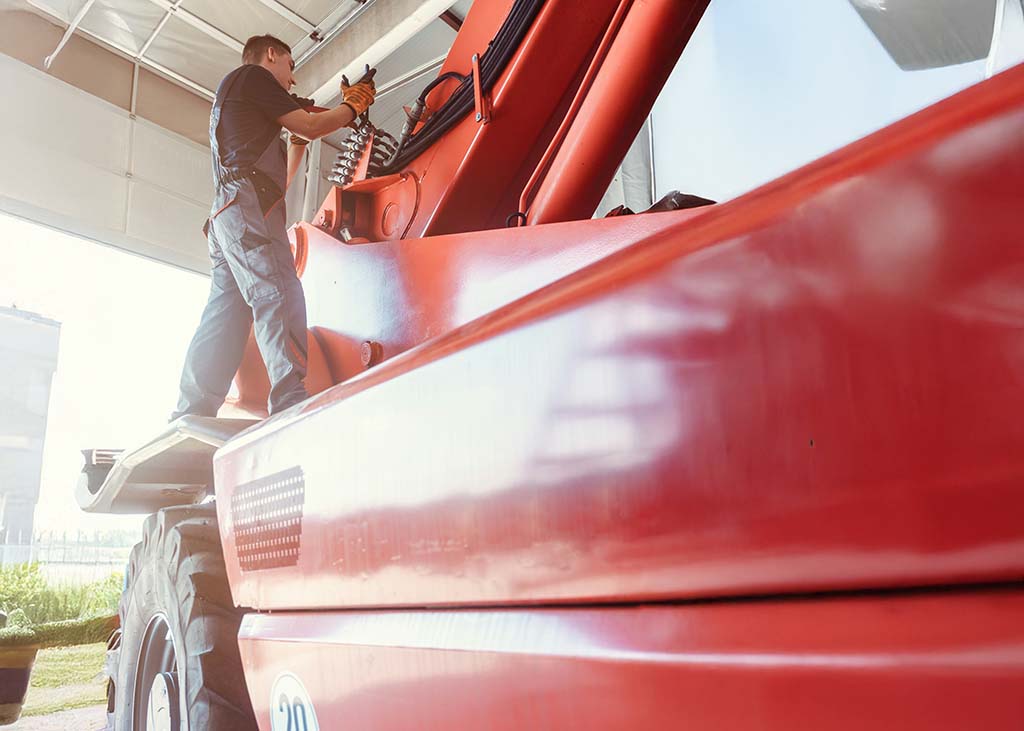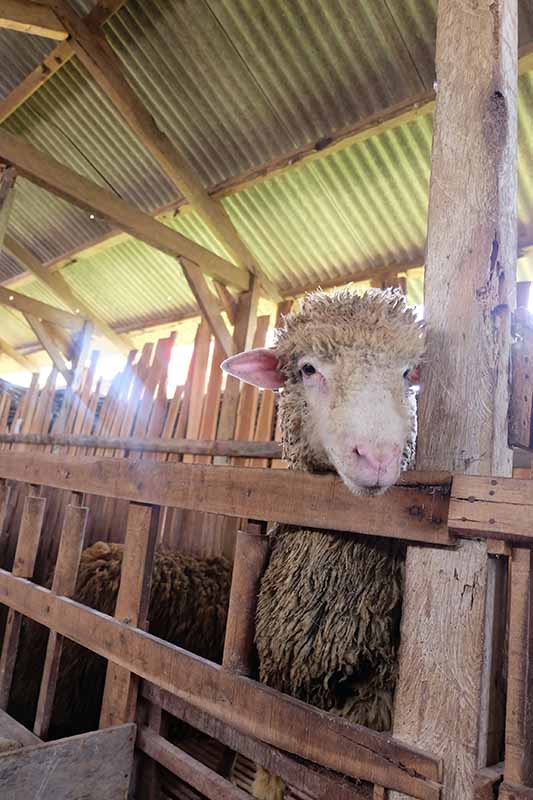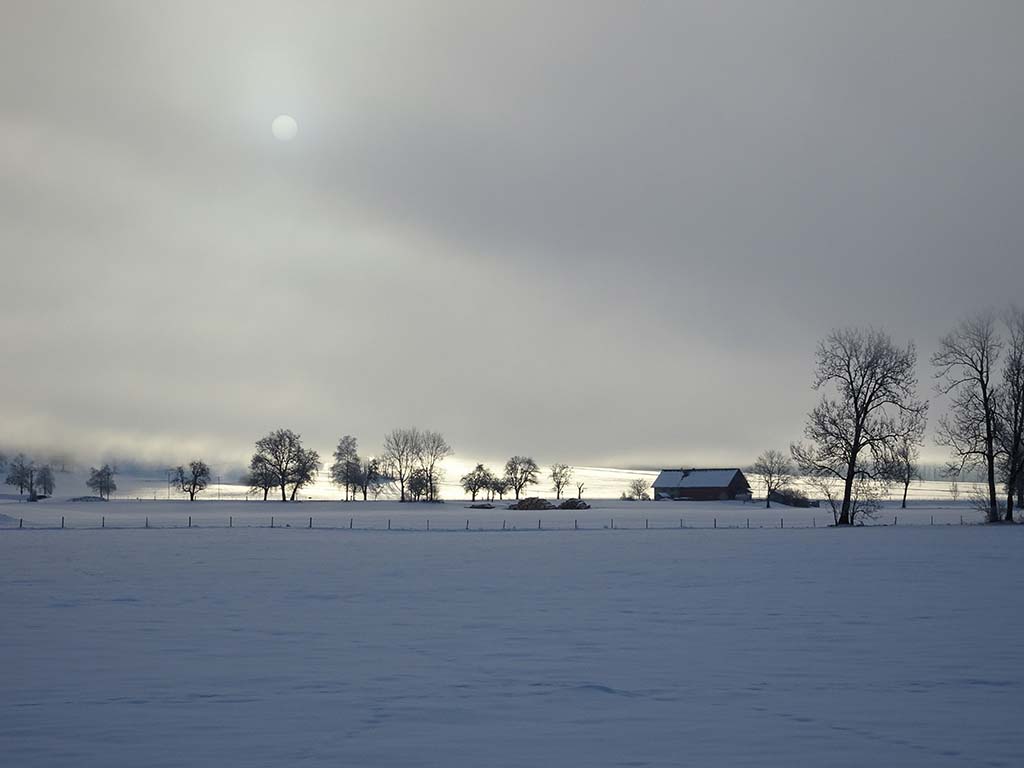
Written by Dave Stewart
Zehr Insurance Brokers Ltd.
The crisp mornings and falling leaves are a clear sign, winter is on its way. For farmers, preparation starts long before the first snowfall. Once the temperature drops and the fields freeze over, it’s too late to fix a frozen pipe or replace a broken gate. Taking a proactive approach now can make all the difference in keeping your farm running smoothly through the coldest months.
Why Winter Prep Matters
Winter brings unique challenges for every operation, from managing livestock to maintaining equipment. Taking time to prepare helps:
- Prevent costly breakdowns and emergencies when repairs are harder to make.
- Keep livestock safe, healthy, and warm.
- Avoid disruptions in feed, water, and daily operations.
- Reduce long-term damage to machinery and infrastructure.
- Provide peace of mind knowing your farm is ready for whatever winter brings.
Your Winter Prep Checklist
Livestock Care
Ensure barns and shelters are insulated, dry, and well-ventilated. Check water systems to prevent freezing and stock up on bedding to keep animals warm. Monitor feed quality and adjust rations — livestock often need more energy to maintain body condition in cold weather.
Equipment and Vehicles
Inspect all machinery before temperatures drop. Change fluids, test batteries, and store fuel properly. Keep snow removal and emergency equipment accessible for quick use during storms.
Buildings and Infrastructure
Inspect roofs, doors, and windows for drafts or leaks. Clear gutters and ensure proper drainage to avoid ice buildup. Repair fences and gates now to save time later when ground conditions make work more difficult.
Feed and Supply Inventory
Take stock of feed, hay, and essential supplies to ensure you’re covered through weather delays.
Organize storage areas and monitor for pests seeking shelter as temperatures fall.
Emergency Planning
Have a plan for power outages, severe weather, or animal health issues. Keep emergency contact numbers handy and make sure everyone on the farm understands safety procedures.
Additional Focus: Snow Load and Firefighting Access
For Ontario farms, managing snow and ensuring emergency access are critical winter safety steps. Deep snow, drifting, and frozen equipment can make emergencies worse, preparation now helps prevent serious damage or loss.
Managing Snow Load on Farm Structures
- Inspect roofs before winter: Check trusses, purlins, and fasteners on barns, shops, and storage buildings.
- Reinforce high-risk structures: Ensure proper setup and tension on hoop houses or tarp buildings to prevent collapse under heavy snow.
- Monitor accumulation regularly: Remove snow after significant buildup using roof rakes or hire professionals for large spans.
- Prevent ice dams: Maintain good insulation and attic ventilation to stop melting snow from refreezing at eaves.
- Clear around vents and chimneys: Keep exhausts open to prevent carbon monoxide buildup in enclosed spaces.
Ensuring Firefighting and Emergency Access
- Keep lanes plowed: Maintain a clear, 16-foot-wide path for fire trucks and emergency vehicles.
- Mark driveways and hydrants: Use tall reflective stakes for visibility in snowstorms or at night.
- Maintain access to water sources: Keep ponds, cisterns, and hydrants plowed out and ice-free if possible. Mark drafting points before snow covers them.
- Label and light key structures: Clearly identify fuel storage, electrical shut-offs, and solar disconnects to support firefighter safety.
- Prevent frozen hydrants and hoses: Insulate or heat-trace lines and store hoses indoors when not in use.
- Coordinate with your local fire department: A pre-winter walkthrough ensures responders are familiar with your layout and water access points.
Final Thoughts
Winter doesn’t wait and being prepared means fewer surprises when the temperature drops. By taking time to ready your livestock, equipment, and property, managing snow loads, and ensuring emergency access, you can head into the season with confidence.
A well-prepared farm is safer, more resilient, and ready for whatever winter brings.
Call Zehr Insurance brokers and see if we can help you with your insurance needs.










